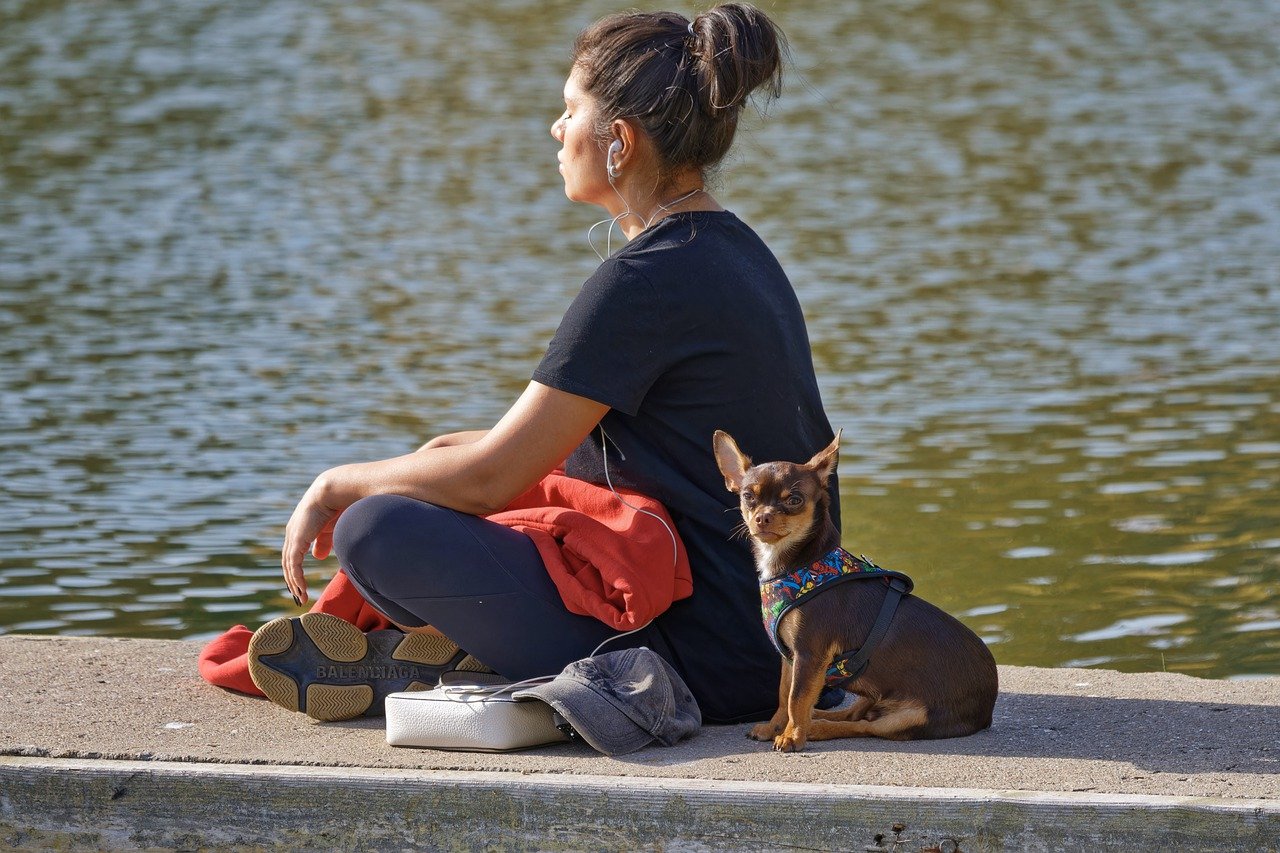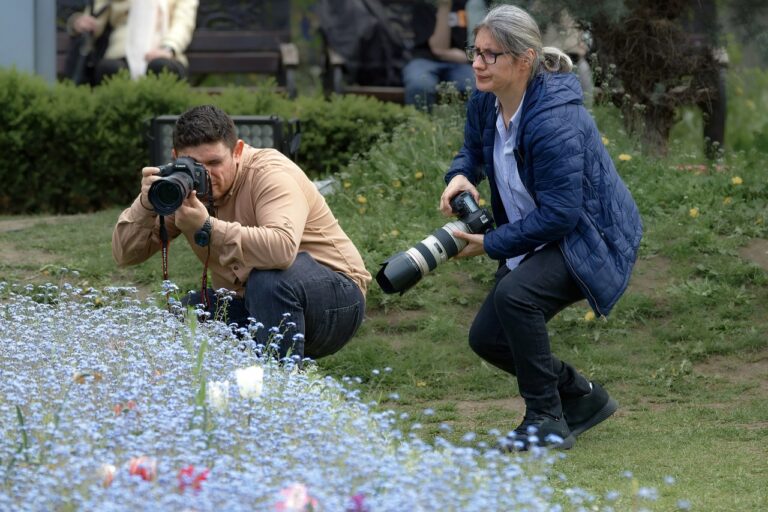Yoga and Social Justice: Exploring Yoga’s Role in Advocacy and Activism
silverexch.com login, goldenexch, betbook 247.com:Yoga and Social Justice: Exploring Yoga’s Role in Advocacy and Activism
When one thinks of yoga, images of peaceful meditation, mindful breathing, and physical flexibility often come to mind. However, yoga is much more than just a series of poses and stretches. In recent years, the practice of yoga has been increasingly intertwined with social justice, advocacy, and activism. Yoga practitioners and teachers around the world are utilizing the principles of yoga to promote positive change in society and address issues of inequality, injustice, and marginalization.
In this article, we will explore the intersection of yoga and social justice, delving into how yoga can be a powerful tool for advocacy and activism. From promoting inclusivity and diversity within the yoga community to using yoga as a form of self-care for activists, we will examine the ways in which yoga can be a force for good in the world.
The Roots of Yoga and Social Justice
Yoga has its origins in ancient India, where it was developed as a spiritual practice to achieve union with the divine. Over time, yoga has evolved into a popular form of physical exercise and meditation practiced by millions of people worldwide. The core principles of yoga, which include non-violence (ahimsa), truthfulness (satya), and compassion (karuna), align closely with the values of social justice and activism.
Yoga teaches us to cultivate a sense of empathy and connection with others, to practice mindfulness and self-awareness, and to strive for harmony and balance in all aspects of life. These principles are essential for building a more just and equitable society, where all individuals are treated with dignity and respect.
In recent years, the yoga community has become increasingly vocal in its support of social justice causes, from racial equality and LGBTQ rights to environmental sustainability and mental health awareness. Yoga studios and teachers are offering specialized classes and workshops focused on these issues, creating spaces for dialogue, education, and action within the yoga community.
Yoga as a Tool for Self-Care and Resilience
Advocacy and activism can be emotionally and mentally exhausting, often leading to burnout and fatigue. This is where yoga can play a crucial role in promoting self-care and resilience among activists and advocates. The practice of yoga offers a range of tools and techniques to help individuals cope with stress, anxiety, and trauma, allowing them to recharge and rejuvenate for the work ahead.
Mindful breathing exercises, grounding poses, and meditation practices can help activists cultivate a sense of calm and inner peace amidst the chaos of social change. Yoga also encourages practitioners to listen to their bodies, to honor their limitations, and to practice self-compassion and self-love. By taking care of themselves, activists can better care for others and sustain their commitment to social justice over the long term.
In addition, yoga can serve as a form of collective self-care, bringing together like-minded individuals in a supportive and nurturing environment. Group yoga classes, community workshops, and retreats offer opportunities for activists to connect with one another, to share their experiences and struggles, and to find strength and solidarity in their shared values and goals.
Yoga for Inclusivity and Diversity
One of the key challenges facing the yoga community is the lack of diversity and representation among its practitioners and teachers. Historically, yoga has been dominated by white, affluent, and able-bodied individuals, leading to a lack of inclusivity and accessibility for marginalized groups. In recent years, however, there has been a growing movement to make yoga more diverse, inclusive, and welcoming to people of all backgrounds, identities, and abilities.
Yoga studios and organizations are offering scholarships, sliding scale pricing, and donation-based classes to make yoga more affordable and accessible to low-income communities. They are also providing outreach programs, community partnerships, and cultural competency training to better serve diverse populations and address systemic barriers to participation in yoga.
Many yoga teachers and activists are also advocating for greater representation and visibility of BIPOC (Black, Indigenous, and People of Color) and LGBTQ voices in the yoga community. They are creating spaces for marginalized individuals to share their stories, to lead classes and workshops, and to be seen and heard in the broader yoga world. By centering the experiences and perspectives of those who have been historically marginalized, yoga can become a more inclusive and equitable practice for all.
Yoga and Social Change
Yoga has the power to be a catalyst for social change, inspiring individuals to take action and make a difference in their communities and the world. By embodying the principles of yoga compassion, justice, and unity activists can create positive change and build a more just and equitable society for all.
Yoga encourages us to see the interconnectedness of all beings, to recognize the inherent worth and dignity of every individual, and to work towards a more just and compassionate world. By practicing yoga with intention and purpose, we can cultivate the inner resources and strength needed to confront injustice, to speak truth to power, and to advocate for positive change in our society.
As yoga practitioners and advocates, we have a unique opportunity to leverage our practice for social justice and activism. Whether it’s organizing fundraisers for social causes, leading workshops on mindfulness and self-care, or participating in peaceful protests and demonstrations, we can use yoga as a tool for advocacy, empowerment, and transformation.
FAQs
Q: Can yoga really make a difference in promoting social justice and equity?
A: Yes, yoga can be a powerful tool for promoting social justice and equity. By embodying the principles of yoga compassion, non-violence, and unity practitioners can cultivate the awareness and empathy needed to address issues of inequality, injustice, and discrimination in society.
Q: How can yoga be more inclusive and welcoming to diverse populations?
A: Yoga studios and organizations can promote inclusivity and diversity by offering scholarships, sliding scale pricing, and donation-based classes, as well as providing outreach programs, community partnerships, and cultural competency training. By centering the experiences and voices of marginalized individuals, yoga can become a more inclusive and equitable practice for all.
Q: How can yoga help activists and advocates take care of themselves amidst the demands of social change?
A: Yoga offers a range of tools and techniques to help activists take care of themselves, including mindful breathing exercises, grounding poses, and meditation practices. By practicing self-care and resilience through yoga, activists can sustain their commitment to social justice over the long term.
In conclusion, yoga and social justice are interconnected in powerful ways, offering a path towards greater compassion, awareness, and unity in our society. By leveraging the principles of yoga for advocacy and activism, we can create positive change and build a more just and equitable world for all. Let’s continue to explore the role of yoga in social justice and work together towards a more inclusive and compassionate future.







